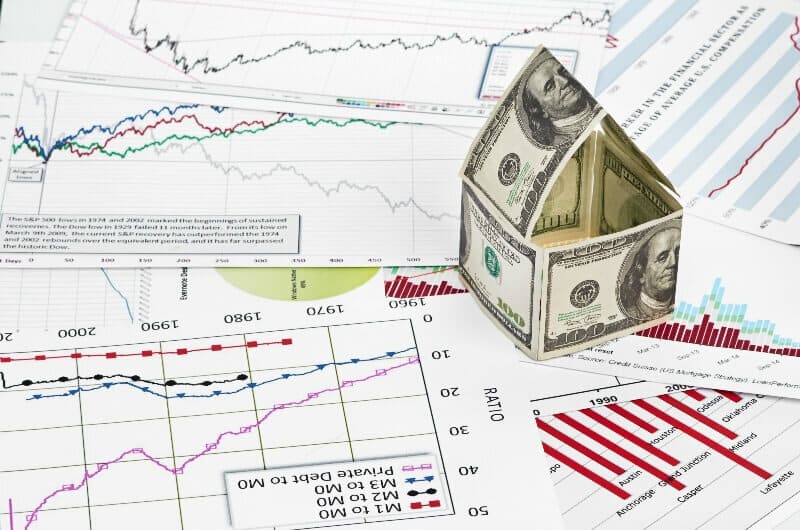When it comes to protesting your property taxes, facts matter and market data can be your strongest evidence. In this effort, engaging a professional for property market data analysis can provide the valuable insights needed to make a significant difference. The role of a property market data analyst is crucial in ensuring that the analysis is thorough and accurate. For those interested in property market data analysist, understanding the importance of these roles is key.
Texas appraisal districts often use broad mass appraisal methods that don’t fully reflect your property’s specific condition, location, or recent local trends. That’s where market data comes in. It allows you to challenge your valuation using real numbers from comparable properties and potentially reduce your tax burden with informed property market analysis.
At TexasPVP, we specialize in using verified sales and valuation data to build strong cases for both residential and commercial property owners. Here’s how it works, supported by our comprehensive property market data analysis.
Why Market Data Matters
The goal of a property tax protest is to prove that your assessed value is too high compared to what your property would actually sell for. Market data supports this by showing how similar properties in your area are valued or have recently sold.
If your valuation is significantly higher than comparable properties, it can be a strong basis for a successful protest.
What Counts as Market Data?
Some of the most useful types of market data include:
- Recent sales prices of comparable properties
- Current listings in your neighborhood
- MLS (Multiple Listing Service) data
- County appraisal district records
- Local real estate trend reports
This data gives insight into actual selling conditions, rather than relying on estimates or outdated assessments. Property market data analysist can pinpoint discrepancies.
What Makes a Good Comparable?
To support your protest, TexasPVP looks for “comps” similar properties in terms of:
- Size (square footage)
- Location (same neighborhood or market area)
- Property type (residential, commercial, multifamily)
- Year built and condition
- Lot size and features
We carefully adjust for differences to ensure the comparison is fair and credible.
Using Market Data for Residential vs. Commercial Property
- Residential:
For homes, comparable recent sales are often the most effective. If your neighbors’ homes have sold for less, but yours is valued higher, that’s strong evidence. - Commercial:
For commercial properties, data may include cap rates, rental income comparisons, and investor sales trends. TexasPVP evaluates both income-based and market-based data for a more complete picture.
What About Market Trends?
Broad real estate market trends such as falling home prices, lower commercial rent rates, or local economic shifts can also support your protest. If the market has softened but your value has increased, there’s a good case for reassessment.
We often combine these trends with direct comps to strengthen your appeal. This is where property market data analysist plays a vital role.
How TexasPVP Uses Market Data to Your Advantage
At TexasPVP, we don’t guess, we analyze.
We use trusted databases, real-time MLS information, and local market expertise to create custom reports that clearly demonstrate where your property is overvalued.
Whether you’re a homeowner, investor, or commercial property owner, we prepare and present this data on your behalf so your protest is based on evidence, not opinion.
Ready to Challenge Your Valuation with Real Data?
Using the right market data can be the difference between a denied appeal and real tax savings. Don’t go into your protest empty-handed.
Let TexasPVP help you build a strong case backed by solid data and smart strategy.






